Following the resolution of the debt ceiling crisis, House Republicans shifted their focus to preventing federal intervention in kitchen appliances. The GOP had expressed concerns for months regarding potential regulations, or even a ban, on gas stoves due to environmental issues raised by the left. To address these concerns, Republicans drafted two bills aimed at protecting gas stoves.
However, internal divisions within the House GOP have stalled progress on these bills. A group of conservative Republicans, dissatisfied with Speaker Kevin McCarthy's debt ceiling agreement with President Biden, have blocked the House from even considering the gas stove legislation. Their discontent stems from the fact that a greater number of Democrats than Republicans voted in favor of the debt ceiling measure.
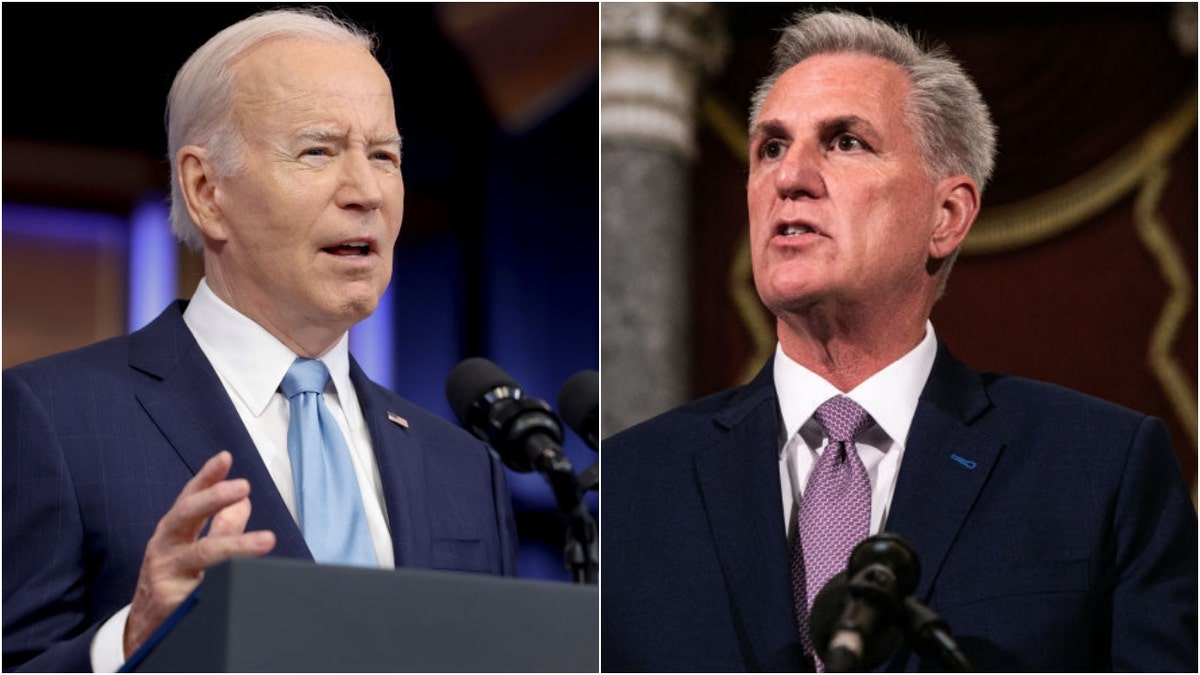
Despite McCarthy successfully persuading approximately two-thirds of House Republicans to support the debt ceiling suspension, the conservative faction views his compromise with the President as a betrayal. This internal conflict has led to a standstill in the House, with votes canceled until the following week.
The conservative revolt prevented the House from adopting a “rule” necessary for debating the gas stove bills. A “rule” establishes the parameters for debate, including time limits and potential amendments. Without a rule, debate cannot proceed. This mirrors previous instances of internal dissent within the GOP.
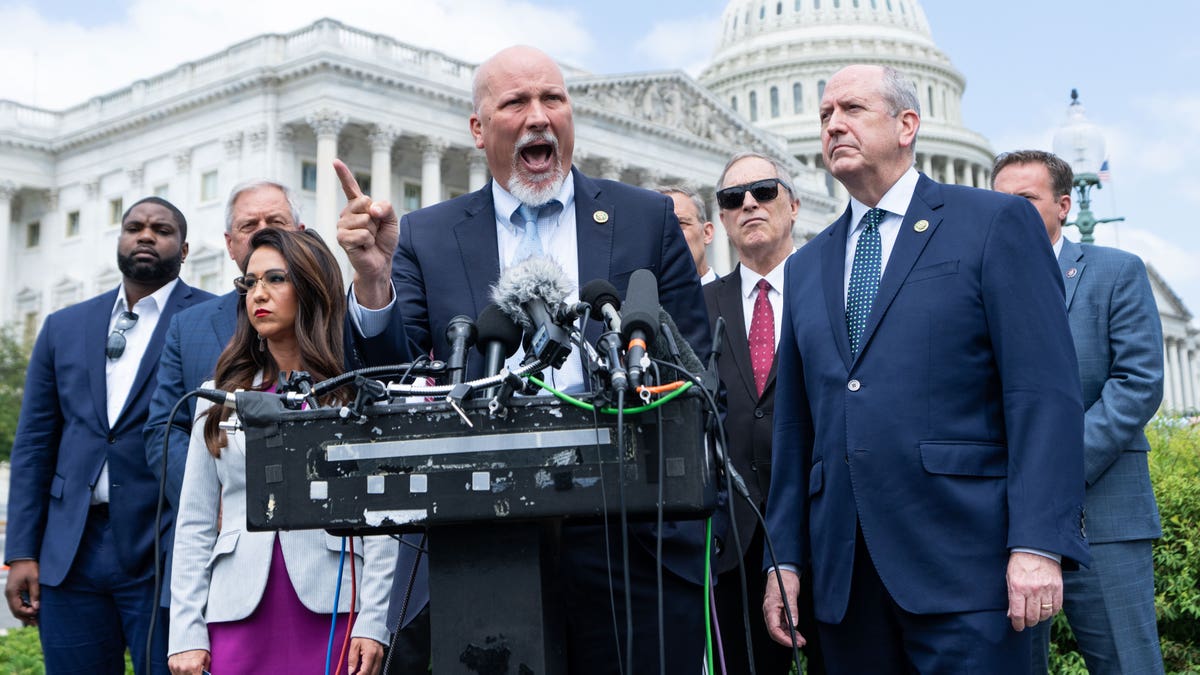
During the debate on the debt ceiling package, a similar situation arose. A significant number of Republicans voted against the rule for the package, threatening to derail the legislation. However, House Minority Leader Hakeem Jeffries orchestrated a strategic move, directing Democrats to vote in favor of the rule and ensuring its passage. This allowed the debt ceiling bill to proceed to the floor for debate.
However, the gas stove bills did not receive such support from Democrats. The conservative faction’s unexpected opposition to the rule effectively blocked any debate on the legislation, hindering the GOP’s attempt to challenge the Biden administration. Subsequent negotiations between Republican factions and party leadership aimed at resolving the impasse have been unsuccessful.
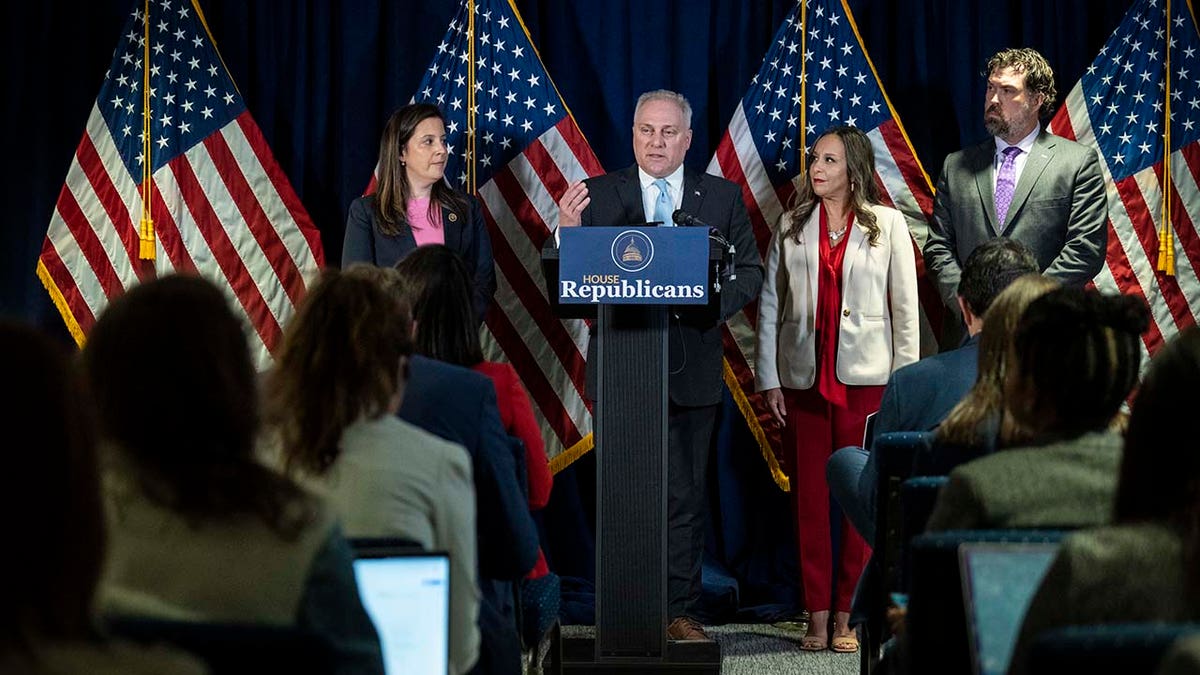
Speculation has arisen regarding potential friction between McCarthy and House Majority Leader Steve Scalise. Scalise’s absence from the debt ceiling negotiations and McCarthy’s frequent deferral to Scalise on scheduling matters have fueled this speculation. Following the unsuccessful negotiations with the dissenting Republicans, McCarthy adjourned the House, hoping for a return to normalcy the following week.
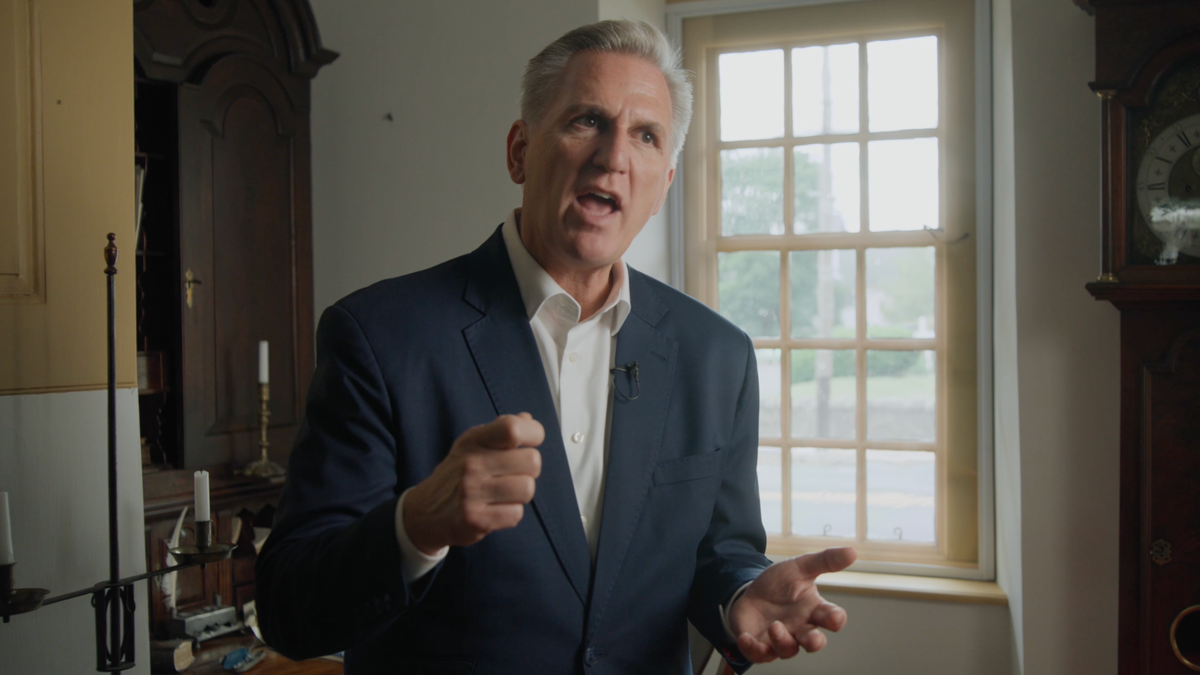
McCarthy has maintained a positive public stance, emphasizing the need for internal discussions within the GOP. However, he also expressed confusion regarding the source of the dissent. Reports suggest that some Republicans are also critical of Rep. Thomas Massie for his support of the debt ceiling bill in the Rules Committee, alleging that the committee is not functioning as intended.
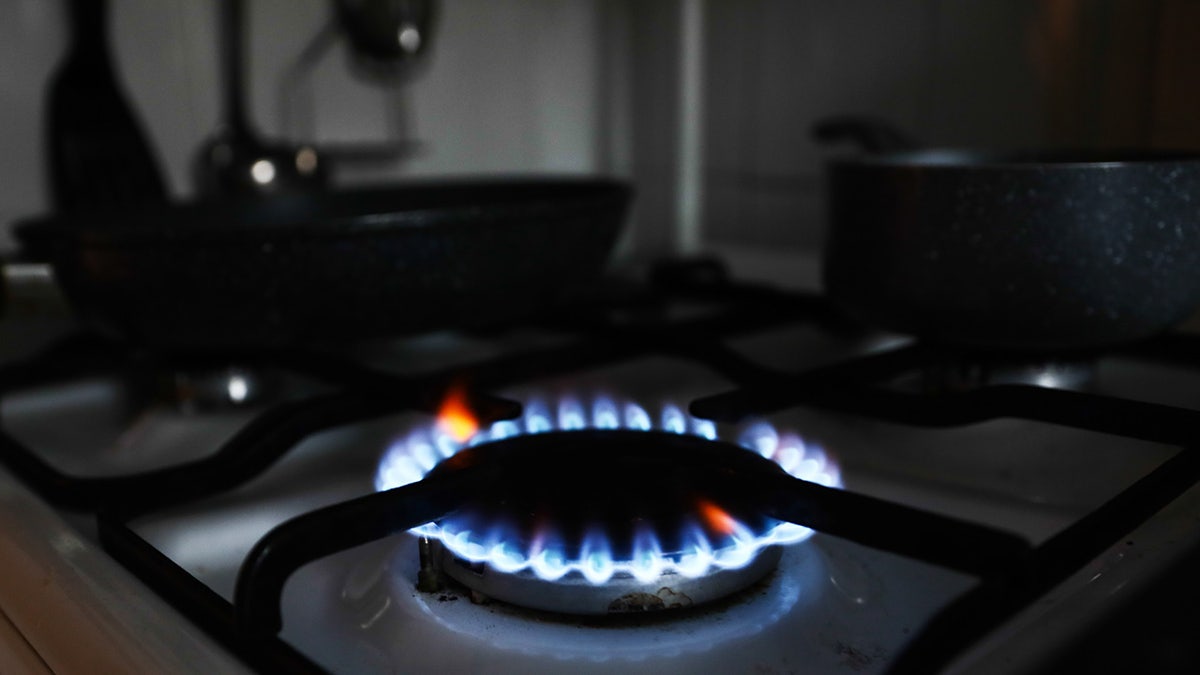
With the House scheduled to reconvene, the gas stove measures are tentatively back on the agenda. Whether Republicans will be able to overcome their internal divisions and address the issue remains to be seen.
Comments(0)
Top Comments